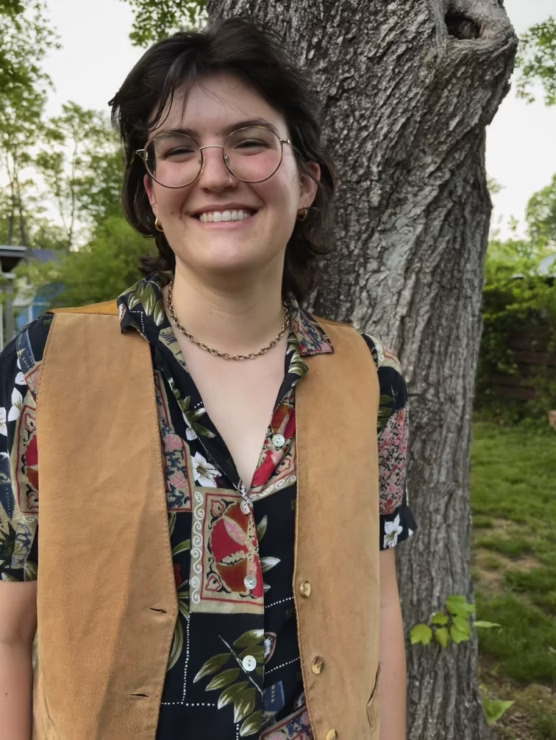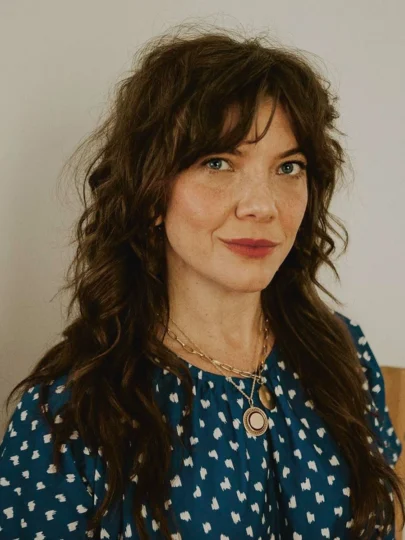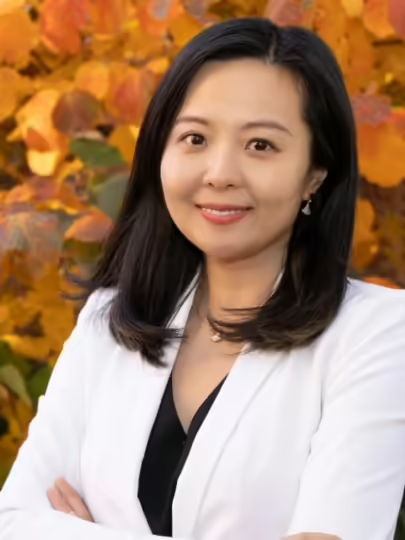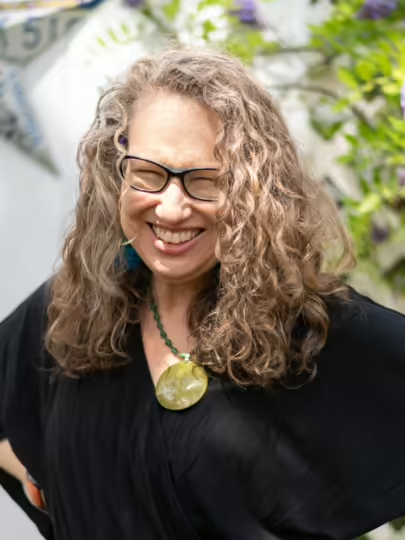What’s your name?
Emma Toner
What’s your department?
I’m a PhD candidate in Clinical Psychology.
What’s your hometown?
Belmont, Massachusetts
How are you connected to TYDE?
I am a graduate student representative on TYDE’s Training and Events Committee. In this role, I had the pleasure of helping to organize TYDE’s first-ever Hackathon!
What is your research about? What parts of it are the most exciting to you?
My research uses tools from complex systems science to better understand and address psychological problems like anxiety and loneliness. I am particularly interested in leveraging real-time data collection methods (e.g., ecological momentary assessment; passive physiological sensing) and computational modeling to disentangle the dynamic psychosocial processes that contribute to mental health difficulties. For my dissertation, I am using differential equation modeling to formalize a theory of how social relationship structure (e.g., quality and quantity of social relationships) and social threat perception interact to contribute to different loneliness outcomes. I am most excited about the prospect of solidifying our understanding of core mechanistic pathways that drive loneliness so that we can ultimately get better at preventing and treating this problem faced by millions.
What do you wish people knew about youth mental health and digital technology?
We need to be leveraging teen expertise and uplifting their voices in the conversation about mental health and digital technology! Teenagers are the experts of their own experience and have critical opinions and ideas to share about how to help promote healthy social media use. I was completely blown away by the incredibly insightful and creative intervention ideas that our Hackathon participants came up with. If we want to make meaningful progress in this field, we need to give the people directly affected by these issues a seat at the table.
In your opinion, what are some of the benefits and opportunities offered to young people by the world of digital technology and/or social media?
There are so many benefits and opportunities to digital technology and social media! Though there can certainly be downsides and unhelpful ways of engaging with these tools, there are also clear upsides. Young people can use them to learn new skills or information, connect with people they might not have met in person, find safe places to explore or express their identities, and engage in creative hobbies. It is abundantly clear that social media is here to stay and will be a feature of young people’s lives for years to come. Rather than enacting strict bans on social media or digital technology use, we should be focusing our efforts on promoting healthy social media and building digital literacy.







